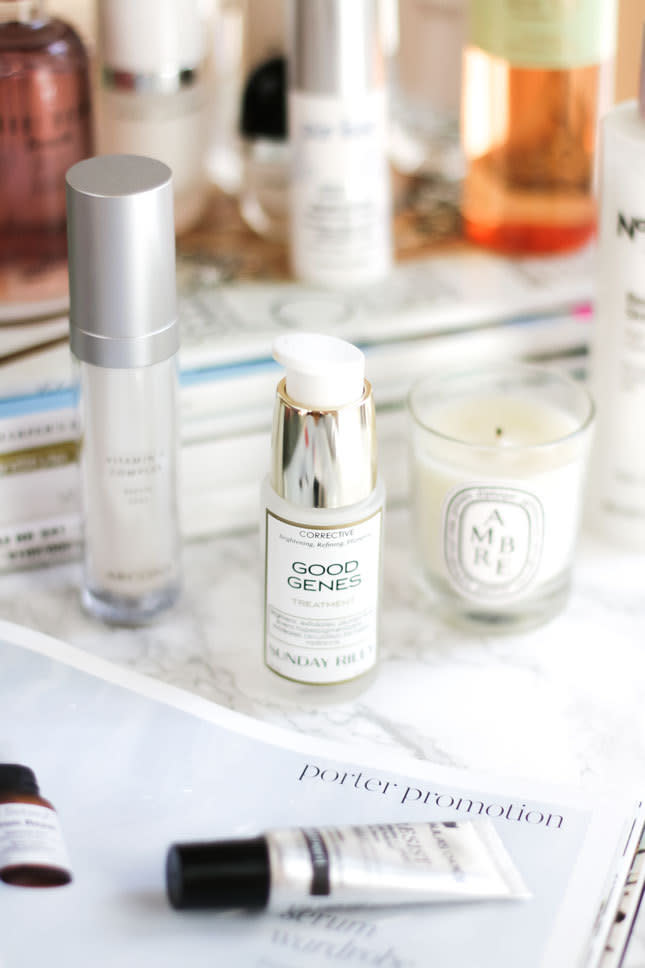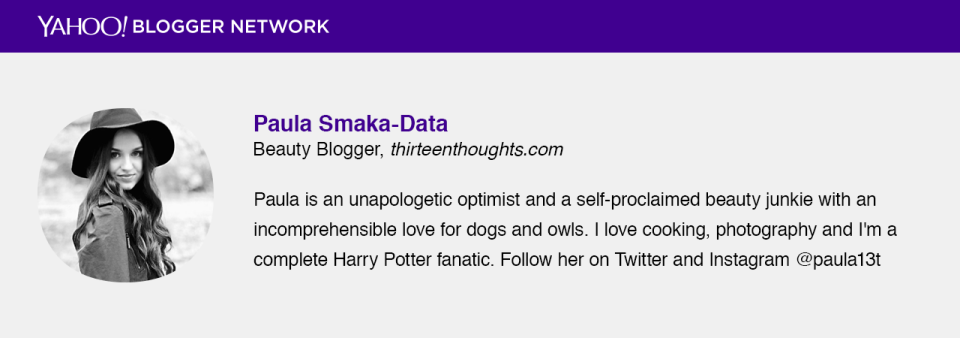Get rid of acne scars with these 4 steps


Having acne-prone skin can be frustrating. You’re either in the process of trying to clear up your skin, keep it under control, or dealing with hyper-pigmentation long after. Even after your skin finally clears up, the emotional and physical effects of acne can sometimes last for a while.
The good news? There are so many products on the market that promise to fade your spots. The bad news? Some of them work, some of them don’t. Here’s what you should look for when dealing with post-acne hyper pigmentation.
Sunscreen
Acne scars fade overtime (depending on severity) but there are few things you can do to speed up the healing process. Probably one of the most important steps is to use sunscreen.
Sun exposure will darken your marks and make them more visible and prominent. And yes, sunscreen is necessary even on cloudy days. UVA and UVB rays don’t take a day off!
Protect your skin from these harmful rays by using broad-spectrum sunscreen. This is especially important if you use products that target dark spots- like chemical exfoliants or retinols.
Keep in mind that using makeup with SPF is not enough! You probably don’t apply nearly enough foundation or powder for the SPF to properly protect your skin.
Chemical exfoliants
Products containing chemical exfoliants like BHA (salicylic acid) and AHA (glycolic acid or lactic acid) help fade dark spots by accelerating cell turnover and revealing brighter, radiant-looking skin.
I personally love using exfoliating pads, and have a few that have worked very well for me. My absolute favourite exfoliating pads are Dr. Dennis Gross Skincare’s Alpha Beta® Peel, Extra Strength Daily Peel. They are soaked in a formula containing Glycolic and Mandelic Acids and Willow Bark Extract (natural alternative to Salicylic Acid). I’ve been using them for years and in addition to helping fade dark marks, they also help to keep my acne in check and always leave my skin feeling and looking smooth and radiant (they’re also great for anti-aging).
Another budget-friendly alternative is Nip + Fab Glycolic Fix pads formulated with glycolic and hyaluronic acids and blue daisy.
If you have sensitive skin, look for products containing glycolic, salicylic and lactic acids and start with products containing lower concentrations.
Vitamin C
Vitamin C helps build collagen, brightens skins and promotes healing. It will improve any redness or pigmentation left behind and even the the texture of the scar itself. It can also help produce collagen and repair and restore your skin, so it’s a good idea to introduce a Vitamin C serum to your routine. Stay away from any DIY treatments though, especially those using lemons or lemon juice, as that can worsen the appearance of your scars, in a long run.
Retinols
This form of Vitamin A is commonly used in over-the-counter skin care products. It is clinically proven to improve discoloration and age lines and is great at speeding up the cell turnover process. RoC Retinol Correction Cream is a really good over-the-counter retinol product. If you find that over-the-counter retinols don’t bring desired results, you can also talk to your dermatologist about prescription retinoid (Retin-A). It’s much stronger than over-the-counter treatments, and it does take quite a while for your skin to get used to it, but the results are amazing.
Interested in writing for us? Join our Yahoo Blogger Network!



